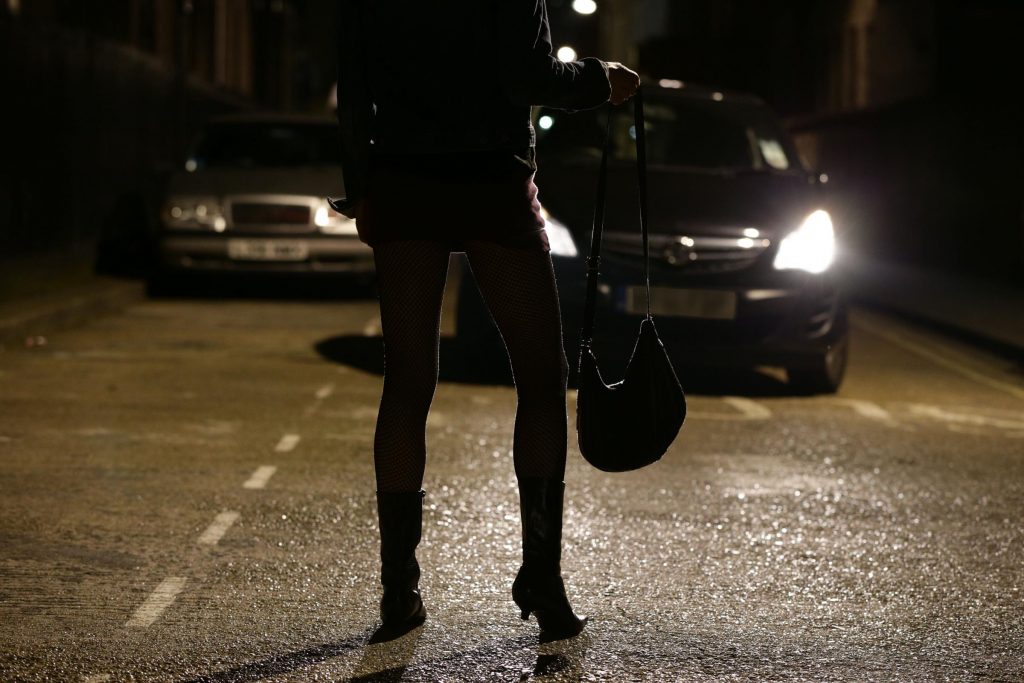In the last decade there has been an increasingly common view amongst liberal strands of feminism that so-called ‘sex work’ (prostitution) is ‘liberating’ for women and allows them to take back control of their bodies – this could not be further from the truth. When valid criticisms are raised including in relation to safety and rights of victims of sexual exploitation, individuals are quickly mischaracterised as SWERFs (‘Sex Worker-Exclusionary Radical Feminist’) whose opinions should be discounted on that basis alone.
When ‘sex work’ is talked about in terms of its supposed positivity, the voices focused on are primarily those of white, well-off women from first-world countries; these are a very small percentage of women across the globe who are forced into prostitution, representing an incredibly narrow view of experiences. Often these women have had the luxury of ‘choosing’ this line of ‘work’ when the vast majority of women have been forced to – either as a result of their material conditions (including poverty, abuse and addiction) or through sex trafficking.
The overrepresentation of comparably privileged women by liberal feminists ignores the stark reality of what ‘sex work’ really is, creating a sense of false empowerment. Prioritising these voices ignores the very real trauma that victims of sexual exploitation undergo, with rates of physical violence, rape, and mental health conditions such as PTSD amongst prostitutes, as a result of this work, being staggeringly high. For example, one study found that 68% of respondents had been raped since they had begun been involved in prostitution – what is empowering or liberating about that remains to be seen.
In the same way, the voices of privileged individuals are emphasised to detract from the hard truth of the industry, so are male prostitutes’ voices used when it comes to criticism aimed at the objectification of women and misogyny that is inherent within the industry. Around 20% of prostitutes in the United Kingdom are thought to be men, though the number globally is likely lower, and this focus on the minority again can only have damaging consequences.
The association between ‘sex work’ and sex trafficking is criticised by pro-prostitution feminists as a wilful distortion of the issue – ‘they’re two different things!’ is often echoed by them. Sex trafficking is a lucrative industry, with profits in 2016 being estimated at $99 billion. In England and Wales sex trafficking is said to be taking place on an industrial scale, and there is no way to know whether the actors in the pornography being watched, or the escort that’s being paid for sexual services is a so-called ‘willing’ participant or not. Even in the case of ‘famous’ women in these industries this certainty cannot be had as is seen with Mia Khalifa who, in her own words, said she was lied to and taken advantage of. The issue of sex trafficking cannot properly be tackled whilst ignoring the fact liberal attitudes to prostitution help mask the problem and the scale on which it is happening.
In any other scenario where coercion has been used in order to get someone to perform sexual acts people would rightfully be lining up to condemn it as rape or sexual assault. Where money is used for this coercion it should be no different, and the cognitive dissonance exhibited in those who refute this should be rightfully questioned. This attitude should not be allowed to take hold – the only people benefiting from this will be the exploiters and those complicit in this exploitation, from the traffickers, to the pimps, to the viewers of pornography.
Kirsty Brown, is a member of the YCL’s Merseyside branch



